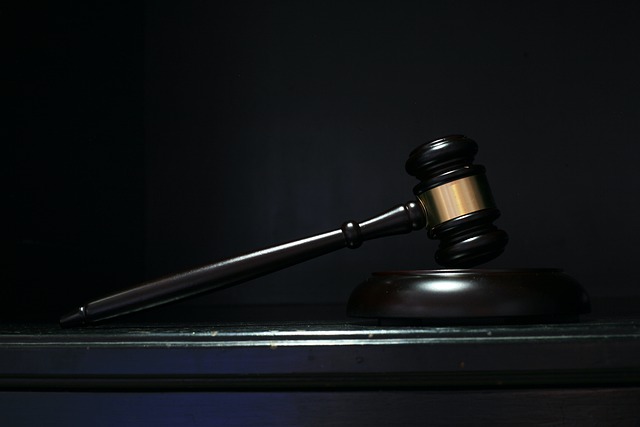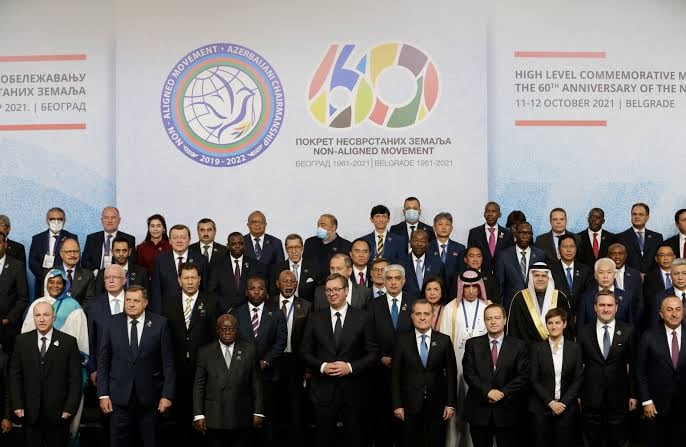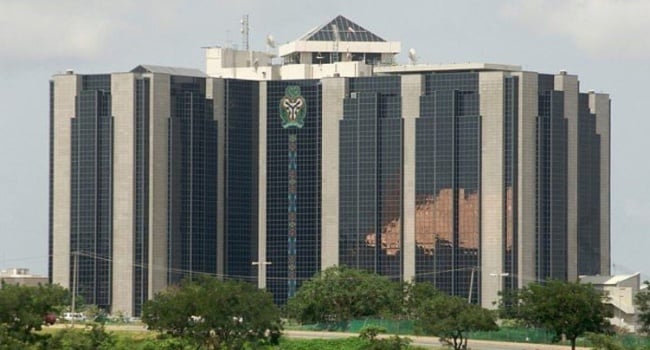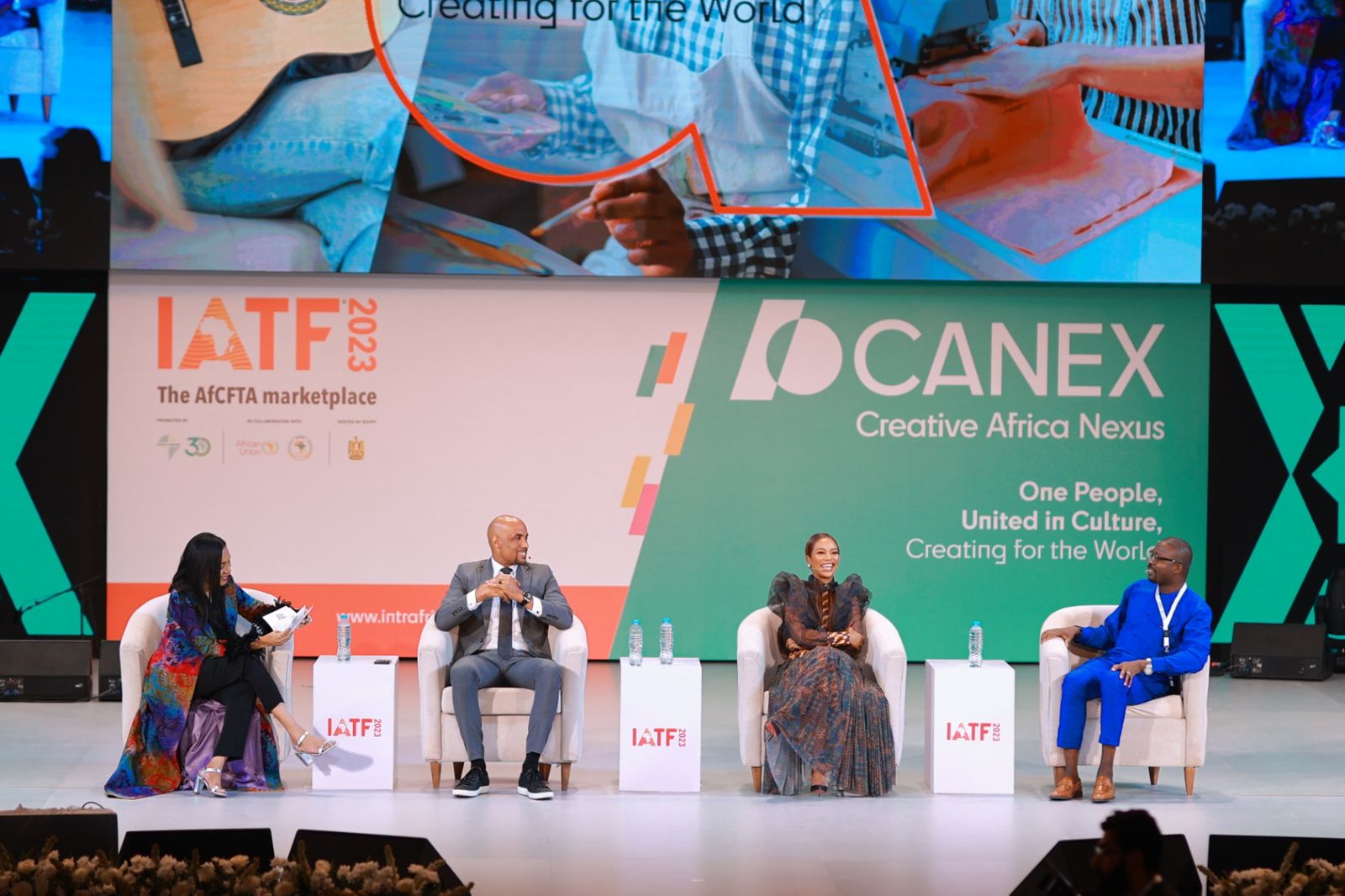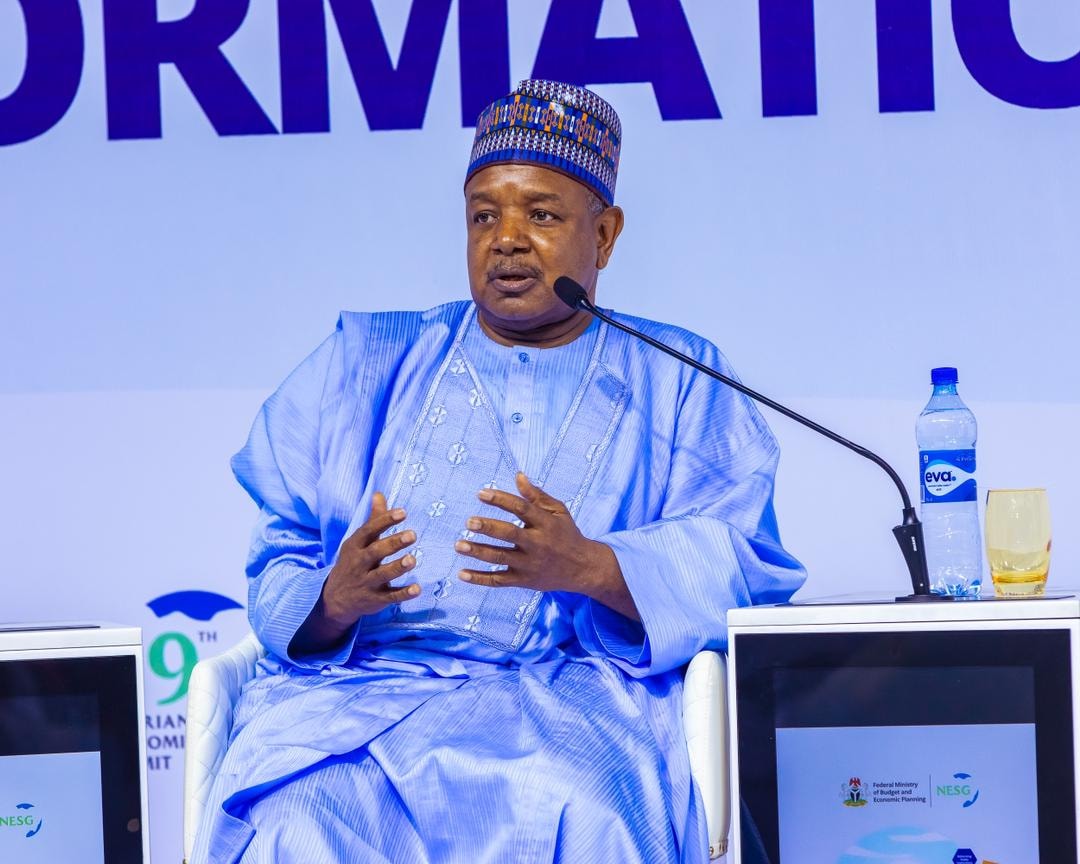A political party is described as a group of people who hold similar political ideologies and work fervently, by way of electioneering, to get control of the government to implement this ideology. A political party, at least in Nigeria, represents a special purpose vehicle (SPV) through which political office seekers pursue, and possibly realise, their aspirations. It is no more than that in Nigeria, where political participation is not based on any socio-political ideology, but on parochial agenda. But in more advanced democracies, a political party is much more than an SPV. Here, in our clime, it is driven by personal ambition; parochial interest, and in most cases, personal aggrandisement (if you would rather not sound euphemistic).
Most Nigerian politicians in the 4th Republic have been so successful in playing the kind of politics described above that, some of the one-time ruling party’s (the People’s Democratic Party — PDP) bigwigs once boasted that the party would be in power for not less than 60 years. But as fate would have it, the loss of his party’s grip on power, and a decline in its electoral fortunes commenced by the next election season, after he made the statement. The rest, like they say, is history.
Apart from the political parties not existing in a vacuum—operating within the ambit of the law of the Federal Republic of Nigeria, they also have their constitutions with which they regulate the conduct of their respective internal affairs. As a matter of regulation, each member is under an obligation to operate in strict compliance with the parties’ constitutions. But Nigerian politicians hardly ever do. They are very selective when it comes to following a laid down rule. They only do, it when it, favours, or is convenient for them.
Whenever we say, “There is no difference between the ruling All Progressives Congress (APC) and the opposition PDP”, some people think it is a simplistic way for us to escape the rigours of engaging in a debate of our often toxic and complex politics that is heavily coloured by ethnicity, religion, and promotion of personal interests over and above that of the nation. They may be right to an extent, but in the real sense of it, there is no difference between the two biggest political parties in Nigeria, in terms of history, strategy, mindsets of members, current structure, and achievements.
Advertisement
To save you time, let me go straight to some of the anecdotes that define the entire gamut of our politics, politicians, and political parties. Election remains the most scientific method of leadership recruitment, ever devised by man. It is about the people having the right to choose a process-driven manner, when it comes to, who represents or governs them. And political parties are the platforms (SPV) through which any aspiring leader presents, and subjects, himself and his ambition to the choice-making process of the electorates. The people are the electorates in case of a general election, while the representatives are, in case of an electoral college. To be qualified, according to the law (section 177(C) of the 1999 constitution), the candidate must first be a member of a political party, and then go ahead and secure the party’s ticket to be able to run under the aegis of the party who must sponsor him or her. It means he or she must be sponsored by the chosen political party. Meanwhile, securing the ticket is subject to some internal process, called a primary or shadow election, in which party members vote, or through consensus, after which, whoever emerges flies the party’s flag at the general election. All citizens who are of voting age come out to vote for any candidate of their choice. Thereafter, whoever wins becomes the person to be sworn into office, to run the affairs of the government, for a constitutionally determined period of term; and in the case of state houses of assembly, and the national assembly, to represent the people on the floor of the parliament.
But during the PDP years as the ruling party, it was like, all you needed to be in office at any level was, “just lay your hands on the party’s ticket”, like the biblical verse that says, “Seek first the kingdom of God, and his righteousness, and all these things shall be added unto you” — Matthew 6:33. So, in this case, it is “seek ye first the party’s (PDP’s) ticket, and your swearing in as whatever, shall be a “fait accompli”. That accounted mainly for the desperation that occasioned the rampant cases of politically inclined incidents of assassination among the party’s members in parts of the country then — the early years of the 4th republic. High-profile killings, for that matter.
Running for any office then, between the years 1999 and 2015, nobody seemed to care about the popular acceptability, or otherwise, of the candidate, so long as he or she was a member of the ruling party, and had been anointed to hoist the flag of the party. Some members then, like a one-time two-term governor of Ondo state, Olusegun Mimiko, who felt they had an unassailable popularity among the people outside the party, defected to other smaller parties, contested, won, and defected to the ruling party again, with their mandates. Mimiko sought political refuge in the Labour Party, after being denied the ticket, to pursue their political ambitions in 2007. He ran and won on popularity, although, he had to go through the whole hog of the judicial process to reclaim his mandate from the late Chief Olusegun Agagu, after which he returned (defected) to the PDP. Meanwhile, those left to contest under the aegis of those other political parties, but never won, returned too like Mimiko. So it did not matter if you ran in the primary election. Once you emerge as the anointed one, under the political philosophy of “Baba Sọ Pé” –Baba said— (in an apparent reference to whoever the political godfather was), you’re good to go.
Advertisement
Since the party in power then, had a way of doing it in most parts of the country, their candidates in the general election would always be returned winners in a landslide victory, with record votes that were way higher than the total number of registered voters, contests within the party became fiercer and a do-or-die affair. This is because, winning at that level was all you needed to be sworn into office, as the general election appeared more like a mere formality than a contest. This also accounts for the culture of politicians sponsoring and conducting parallel primary elections, with the different factions struggling for, and laying claims to, legitimacy, by activating their Abuja connections, for recognition and endorsement. Some would defect, and in less than 48 hours of their defection, get the ticket at the “saying so” of the godfather, to the disgruntlement of older (legacy) party members. History, as they say, has an intriguing way of repeating itself. The same thing is now being replicated in the current ruling party, APC, making it look like a Siamese twin with the PDP.
That was the order of the day until the new Electoral Act 2022 came into effect. Unfortunately, it’s no longer business as usual, no, thanks to the new electoral act, and the resolve of the judiciary to stick to their divine roles of interpreting the law, as passed by the legislative arm of the government, and adjudicating in disputes. Some interpretations given by the judiciary did not go without raising some questions though, especially by those of us who are “not learned”, but literate enough to read and understand the letter and spirit of the act. For instance, how the former president of the senate, Ahmed Lawan managed to get a judgment to secure the APC ticket for Yobe north senatorial district, remains a mystery to many Nigerians. This is because Lawan did not participate in the original APC Yobe north primary as a result of his involvement in the party’s presidential primary election, where he lost to President Bola Ahmed Tinubu. This is in contravention of the provisions of Section 115(d) of the Electoral Act; which says, a candidate cannot be nominated in two elections.
The electoral law, also, states, among other things, that the name of a candidate for an election must have been submitted to the Independent National Electoral Commission (INEC), not later than 180 days before the election. That didn’t happen in the case of Lawan. For those defecting, it means, you must have defected to the party in question, on or before 180 days to the election. But we have some people who were still in other parties, as at the time their names were forwarded to the INEC, and again, less than 180 days before the election.
That is one of the reasons the appeal court gave, for sacking the Kano state governor, Yusuf Abba. It was proved that he was not fully a member of the New Nigerian People’s Party (NNPP), at the time of his nomination by the party. For Governor Caleb Mutfwang of Plateau state, his sack by the appeal court also bothers non-adherence to the rule of law, by some elements in the Plateau state chapter of the PDP. The court said, technically speaking, the PDP was non-existent, as at the time a primary election that threw him up as the party’s gubernatorial flag bearer, was conducted. The judgment in Plateau state was predicated upon certain things not being right with the PDP who sponsored him for the election. The party was accused of disobeying a court order compelling them to hold party congresses in the state, about two years before the 2023 general election, to elect party executives, but they defied it.
Advertisement
Therefore, all the primaries conducted by the illegally constituted caretaker committee that superintended over those primary elections, including the one that produced the governor, were declared a nullity by the court of appeal. This, according to the reasoning of the court, is contrary to Section 177, subsection C, of the 1999 constitution, which says: “A person shall be qualified for election to the office of governor of a state if: he is a member of a “political party” and is sponsored by that political party”. But the political party, never existed on the Plateau, in the eyes of the law, according to the court. Governor Mutfwang was, therefore, sacked. Any argument intended to knock off the strength of the section of the constitution will have to extricate the position from the interpretation of section 134 (3) of the Electoral Act, 2022, which is somewhat intertwined with section 177 of the 1999 constitution. APC dodged a bullet, also, in Ondo state, about two years ago, when a judgment narrowly left out declaring Buni-led executive that nominated Governor Rotimi Akeredolu for his 2nd term, a nullity.
This issue of lack of internal democracy, and strict adherence to the rule of law by Nigerian politicians, is not an exclusive preserve of the PDP. As can be seen so far, APC too, have their litany of such cases, and it is legendary. That culture of impunity cost them the governorship election in Zamfara state in 2019, even though the beneficiary of that law of karma, former Governor Bello Matawalle, later defected from PDP to APC. The same strain of impunity also cost them participation in the senatorial election in Kogi Central in 2015, which gave Senator Ahmed Ogembe a smooth sail in the election.
In the just-concluded off-cycle governorship election in the state, Senator Smart Adeyemi, a member of the APC challenged the process that produced the governor-elect, Usman Ododo, up to the level of the supreme court, until the case was disposed of, a few days before the election, in favour of the party. The same attitude of just making sure the party ticket is secured first, at all cost, also played out in who emerged as the APC flag bearer for the Kogi west senatorial contest in 2014. Although, it was during APC’s formative years when nobody gave them any chance of survival. Even, former presidential spokesperson, Doyin Okupe, reportedly, had to swear on his honour that if the new party survived the first year of its existence, he should be called something his family members, especially, his children and siblings, might not be proud to hear.
So many other examples abound in states across the country that it would be too numerous to be listed here. But the judiciary, currently, seems poised to railroad the recalcitrant political elites, into imbibing the culture of obeying court orders and following laid down rules, as stipulated in both the constitution of the Federal Republic of Nigeria and their own (party’s) constitution. While it is not something we (Nigerians) should be proud of, that every election’s result has to be ratified by the court before a winner can be ascertained, it is a good thing that the need to play by the rules is being underscored by the current gales of judicial pronouncements that ensures that politicians need to take a crass lesson on the need to be law-abiding in their “chosen career”. I would love our electoral process to always end like that of other stable democracies, even in Africa. Just take a look at the just-concluded Liberian presidential election; I can bet my last kobo on the belief that the incumbent, His Excellency George Opong Weah will not be contesting the outcome in any tribunal or court of law, as he’d reportedly called to congratulate his opponent, who, according to him, has recorded an unassailable lead.
Advertisement
But the degree of desperation of Nigerian politicians is so high that, some of them won’t mind, if there is a way they could appeal the decision of the supreme court, they would continue with the litigation. They have also mastered the art of abusing judicial processes in a very annoying way. You’d see them approach the lower courts for cases that have been decided by a supreme court judgment. That one area I am not so happy with is some Nigerian lawyers too, especially the “SANs” (“Senior Advocates of the Naira”) who always, because of pecuniary considerations, find it difficult to give their clients sincere legal advice, especially, by telling them how frivolous such exercise would. But I take solace in the recent court judgments, particularly, those in which judges gave some lawyers some dressing-down.
Abubakar writes from Ilorin, Kwara state. He can be reached via 08051388285 or [email protected].
Advertisement
Views expressed by contributors are strictly personal and not of TheCable.
Add a comment

